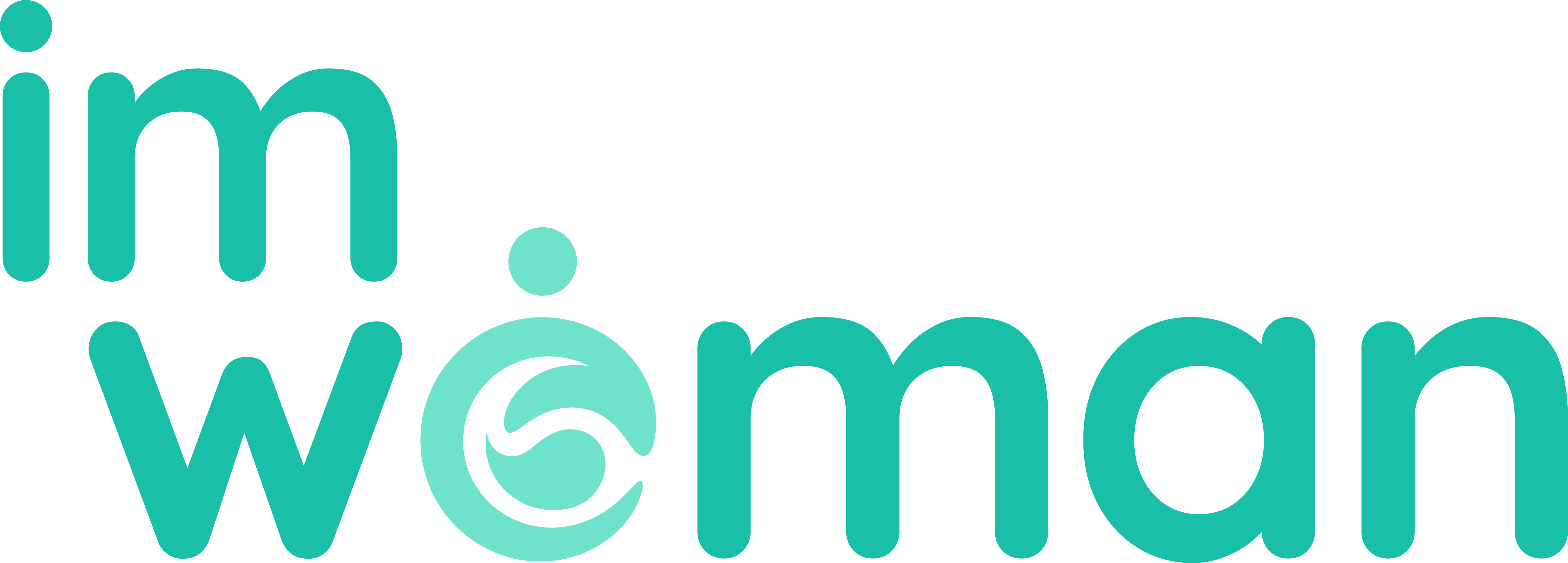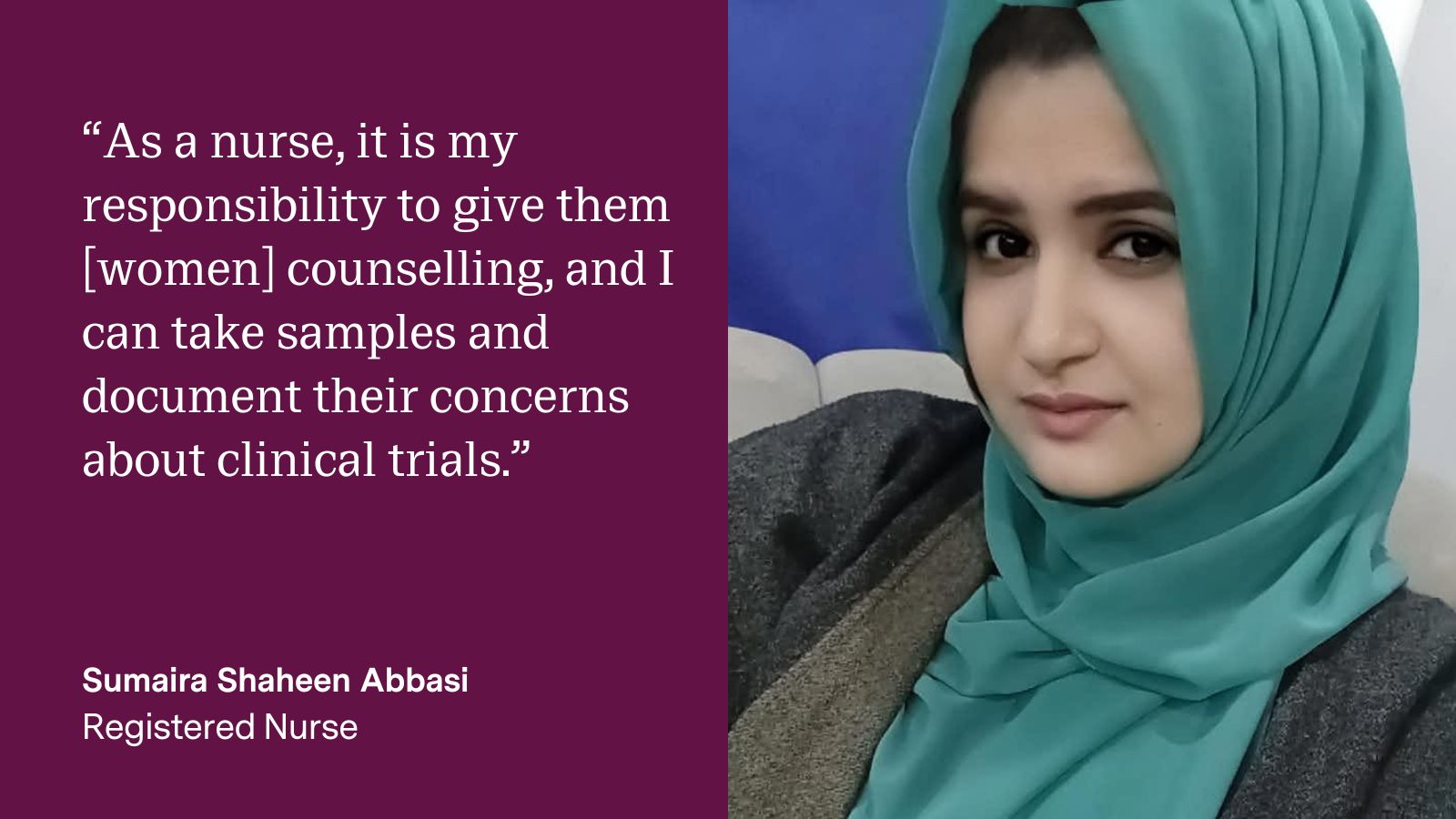What is it like to be part of the I’M WOMAN Trial team?
I am honoured to take part in the trial’s research and contribute to improving maternal health outcomes. In my role, I manage patients and tell them about the I’M WOMAN Trial and what will happen. My reassurance makes the patient more comfortable and reduces their anxiety about postpartum haemorrhage (PPH).
What have you learned from working on this trial?
It is my first time being involved in a randomised, placebo-controlled trial. I work on this clinical trial alongside my Master’s. I am learning new ways to improve clinical practice through qualitative research and observing nurses involved in intensive care units. I know it will make a difference to my patients’ lives.
How do you recruit women to the I’M WOMAN Trial?
In my hospital, patients come to the outpatient department and sometimes go for an emergency caesarean section. To obtain their consent to take part in the trial, I will take the woman’s details, including previous health history and ensure she understands my words before taking part.
How do nurses contribute to the trial?
I’m involved in caring for the patients and ensuring them that the injection is safe and the PPH will be reduced. When the patient’s caesarean section starts, I take note of the time and amount of blood loss. I also work with a pharmacist to note the blood loss. After the C-section, we can easily know whether the patient bleeds heavily. I take note of the patient’s concerns, talk to any junior staff and inform the doctor about any type of bleeding or PPH.
For patients in hospital, I give counselling on care they will be given at home, maintain our record of clinical trial patients’ data and ensure medication such as tranexamic acid (TXA) is stored properly.
Why should more nurses become clinical trialists?
Nurses are important in giving patients direct care from the beginning.
When I give TXA intravenously or intramuscularly, I can see that patients are really comforted by having answers about postpartum haemorrhage (PPH). Their babies are born very strong and after they are stable, they are properly discharged. Then, if they have any problems in the postpartum period they can come to the hospital.
As a nurse, it is my responsibility to give them counselling. I can take samples and document their concerns about clinical trials. I tell the doctor if there is any kind of abnormality in the patient or discomfort immediately. If I tell the doctor the patient is bleeding, we can treat them accordingly.
What is it like to be part of the trial in Pakistan?
In Pakistan, patients mostly have no opportunity to be involved in a clinical trial. However, in this hospital, we can give clinical trial care to help the mother and babies by reducing their risk of severe postpartum bleeding.
The I’M WOMAN Trial name is very significant for recruiting patients. They think “I am a woman, so I can care for myself and manage myself.”
——
The I’M WOMAN Trial is recruiting women in multiple sites across Pakistan, Nigeria and Tanzania.
Learn more about how clinicians inform women before obtaining patient consent in the I’M WOMAN Trial. Watch how nurses administer tranexamic acid intramuscularly and intravenously.


